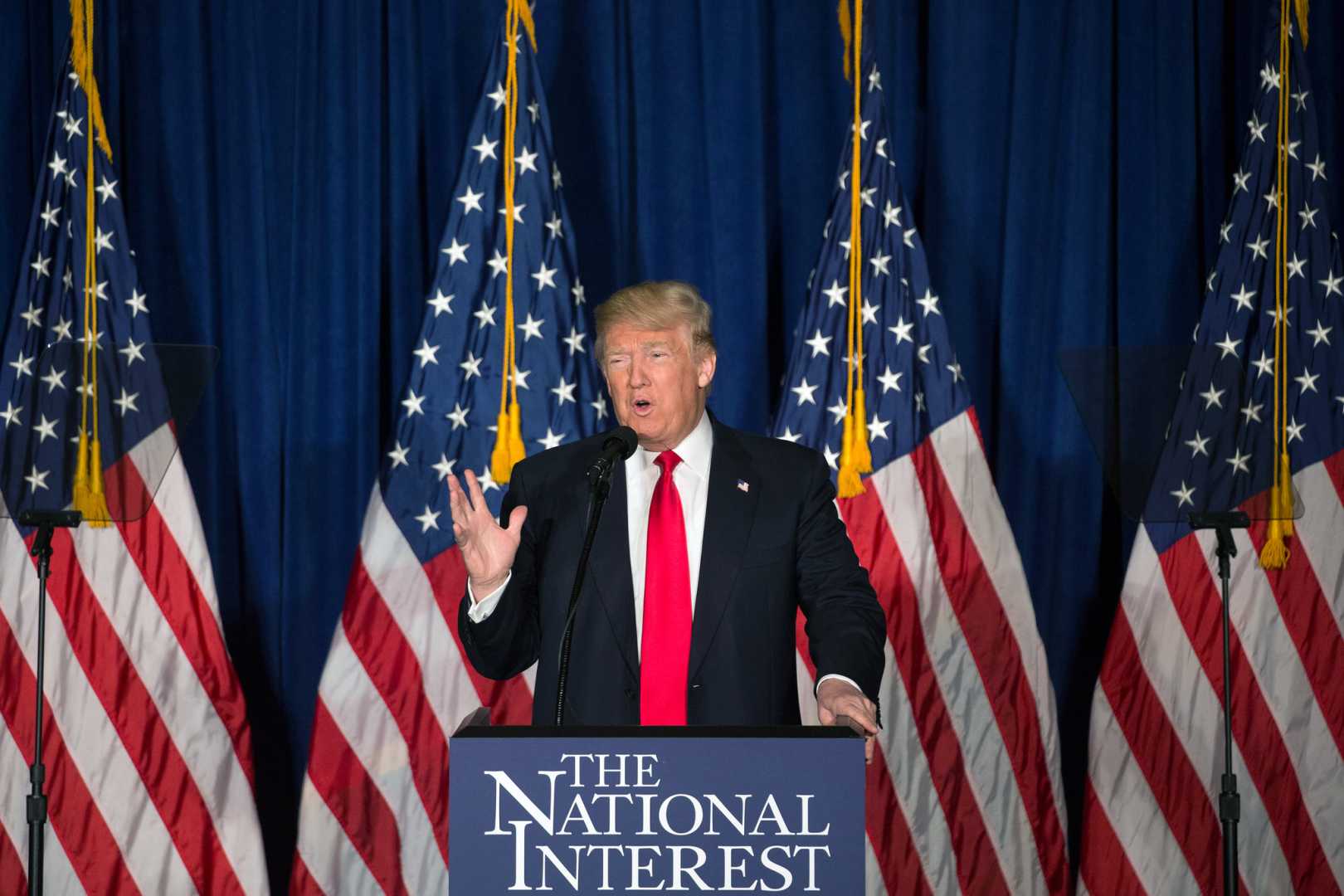Politics
Trump’s Diplomatic Moves Generate Questions on U.S. Foreign Policy

WASHINGTON, D.C. — U.S. President Donald Trump has taken center stage in global diplomacy this week, making a series of moves that are raising questions about his foreign policy strategies.
This week, Trump has announced agreements in the Gulf region, lifted sanctions on Syria, and negotiated with various nations from Hamas to Russia. His actions include facilitating the release of a U.S. citizen held by Hamas and encouraging Ukraine to engage in peace talks with Russia in Turkey.
At the same time, Trump has reduced tariffs on China and halted military strikes in Yemen, reflecting a shift away from interventionist policies. Diplomats expressed astonishment at the whirlwind pace, with one ambassador commenting, “Just, wow! It is almost impossible to stay on top of everything that’s going on.”
During his visit to Saudi Arabia, Trump articulated a vision focused on commerce over conflict, stating, “I want commerce, not chaos.” The president emphasized mutual benefit through trade, claiming $600 billion in investments were secured, although some diplomats questioned the tangible outcomes of these agreements.
Critics note that Trump’s approach lacks emphasis on collective engagement on issues like climate change or human rights, advocating instead for a practical, deal-driven approach. He has challenged traditional U.S. interventionism, attributing past failures to “nation-builders and neo-cons” while asserting that his priority is to “defend America.”
Trump’s foreign policy is characterized by unilateral decisions, evident in his choice to meet with newly-elected Syrian President Ahmed al-Sharaa and to ease sanctions, actions that surprised many both within and outside the administration. Some diplomats worry that his approach could leave the U.S. poorly positioned to respond to future crises.
The conflicting messages in Trump’s foreign policy have led to uncertainty. While he has called for a ceasefire in Ukraine, the complexities of the conflict continue without resolution. Recently, he communicated with Russian President Vladimir Putin, but his attempts to mediate have yet to yield concrete outcomes.
As Trump navigates this turbulent diplomatic landscape, outcomes remain elusive on various fronts, including ongoing military tensions in Yemen and the protracted conflict in Ukraine. A source familiar with the discussions noted the difficulty of achieving consensus with demands many see as unrealistic from Russia.
While Trump seeks to clear his diplomatic agenda, the implications of his rapid-fire negotiations remain to be fully understood. “There are weeks when nothing happens,” observed one analyst, “and in this case, we are experiencing the potential for confusion wrapped in urgency.”












